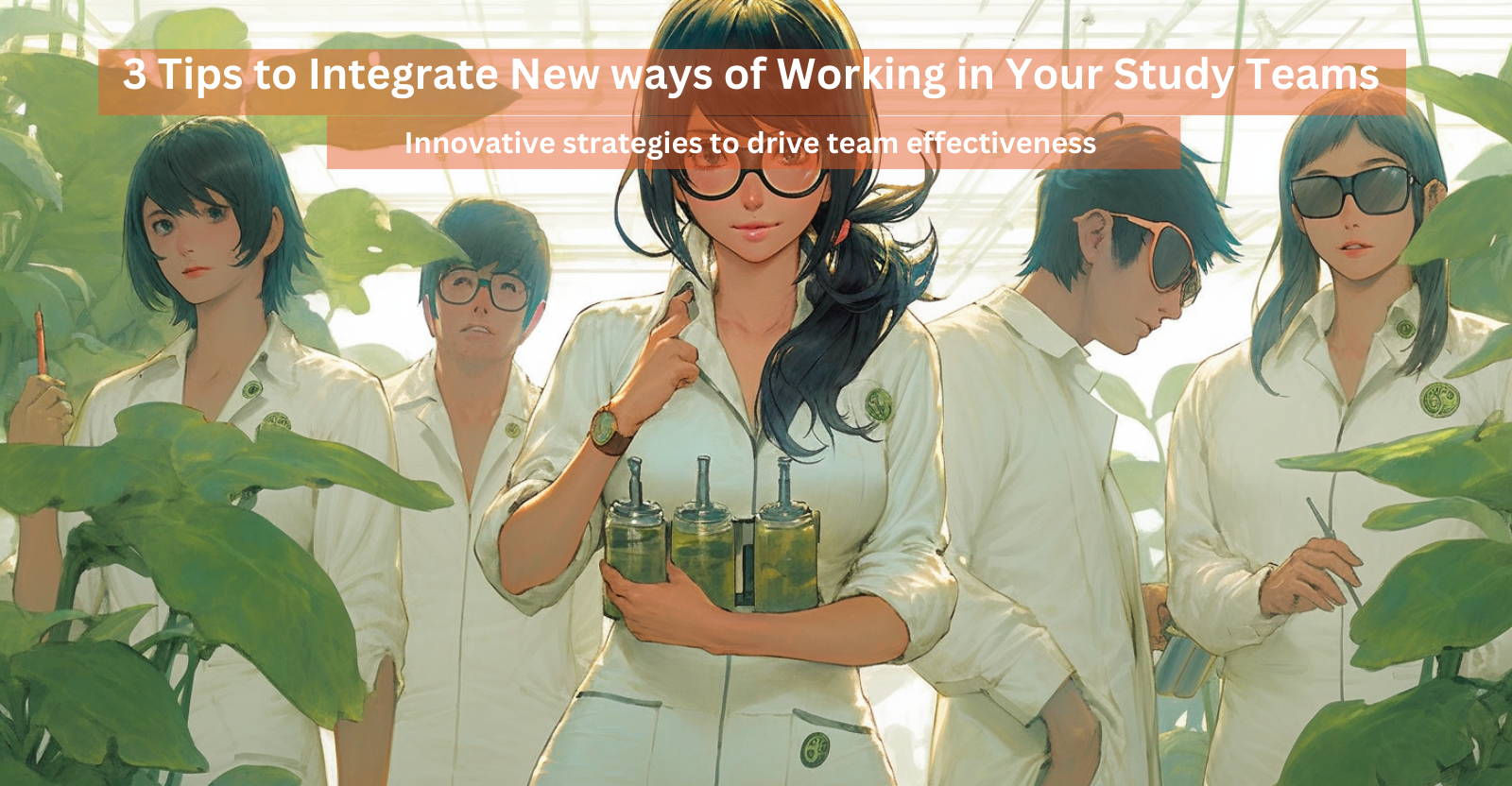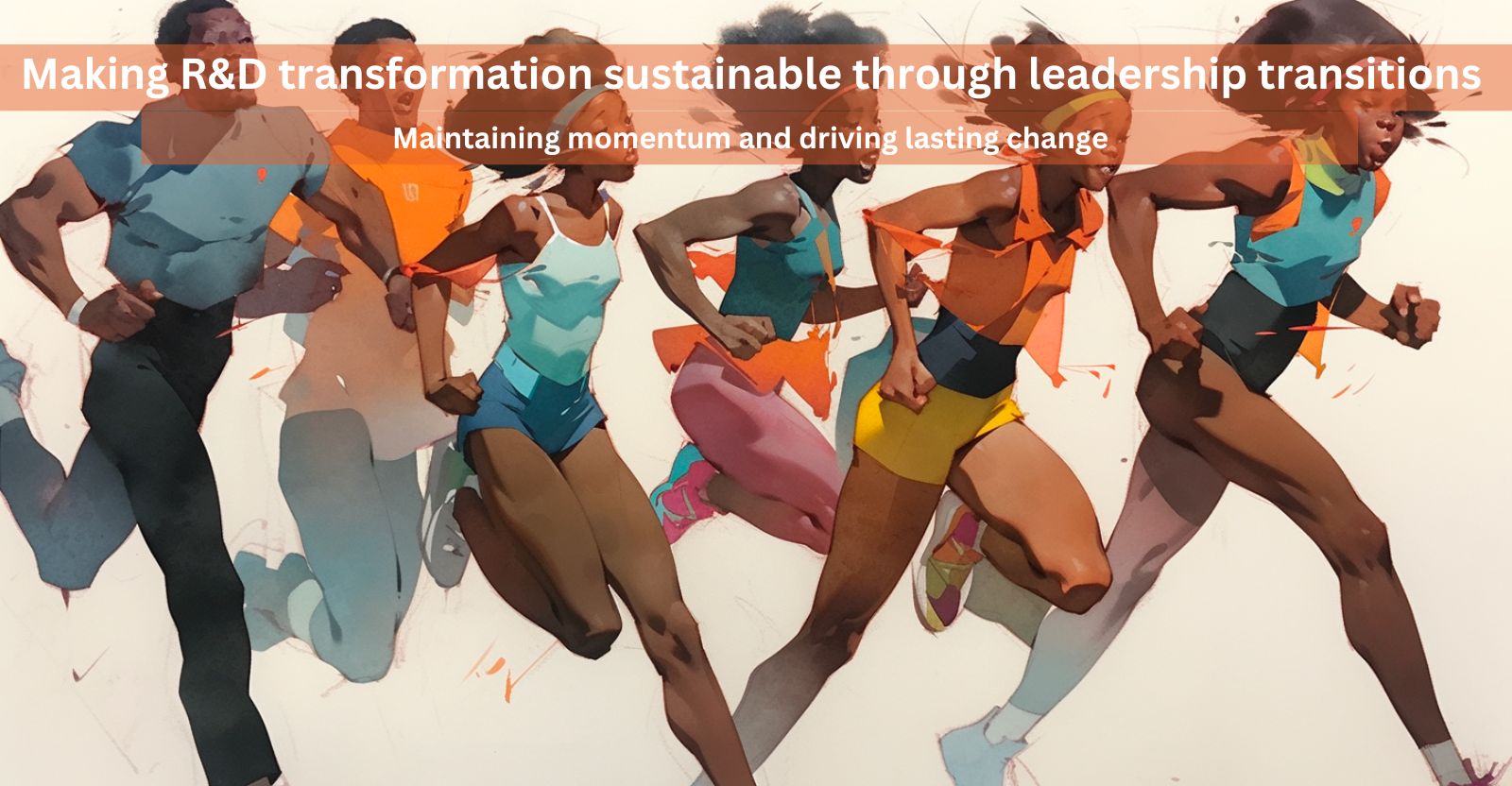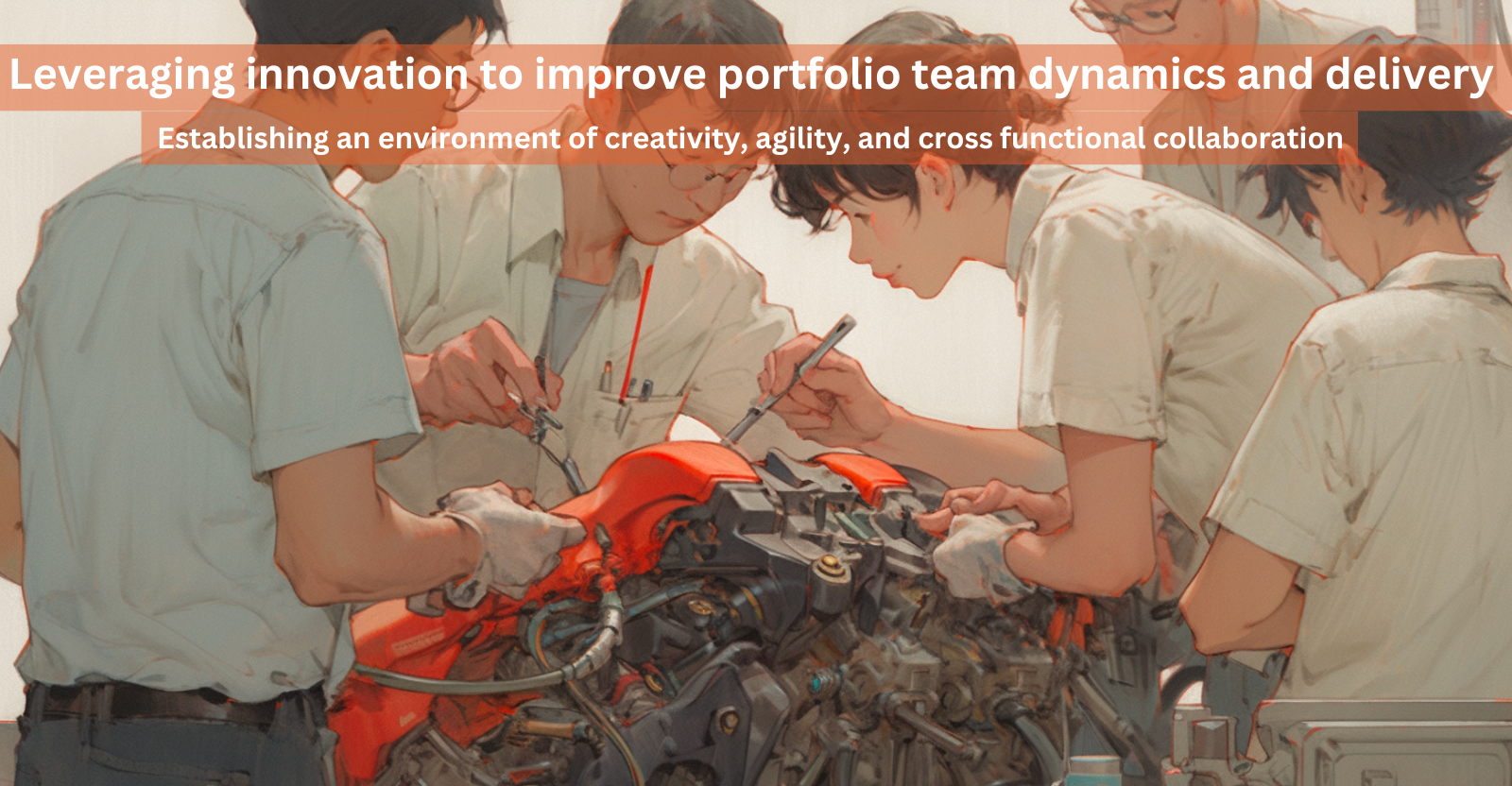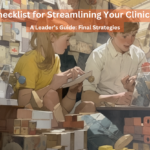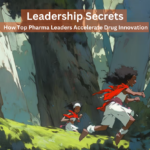The pharmaceutical industry is experiencing a new chapter of massive change that calls for a transformation in management styles to meet an increasingly competitive space for market access. One pivotal concept that continues to emerge as a critical determinant of the success of new initiatives, campaigns, as well as the organization itself, is psychological safety. Understanding and fostering an environment where employees feel safe to take risks, voice their opinions, and express their ideas without fear of retribution is paramount when business as usual no longer works.
Psychological Safety Defined
Psychological safety refers to the belief that one will not be punished or humiliated for speaking up with ideas, questions, concerns, or mistakes. In the context of the pharmaceutical industry, this means creating a culture where innovation is not just encouraged but celebrated, and failures are viewed as learning opportunities rather than setbacks.

The Changing Tides of Management and Market Access
Many organizations in Pharma are changing the way they do business, especially as it relates to management practices. The move away from hierarchical, command-and-control models towards a more agile, inclusive, and collaborative leadership styles has significant benefits to the organization (measured by the number of innovative ideas and operational efficiency). This couldn’t come at a better time as companies are grappling with the very real challenges of securing market access considering the triple threat of stringent regulatory environments, price pressures, and increasing competition. Because of these pressures and dynamics a workplace environment needs to prioritizes psychological safety in order to unleash the full potential of its workforce.
The Impact of Psychological Safety
Teams with high levels of psychological safety are more likely to be successful in turbulent environments. It is not hard to imagine why this is the case: teams that feel empowered to share their insights and explore new approaches without fear have increased levels of engagement, higher creativity, and a stronger inclination towards innovation. These are the traits that you need when you need to manage change and drive innovation.

Strategies for Fostering Psychological Safety
Leaders in the pharmaceutical industry can foster psychological safety by:
- Encouraging Open Dialogue: Develop avenues that encourage members the uninhibited exchange of ideas and voicing of concerns without repercussion. This openness fosters a culture where feedback is welcomed and valued. This approach leads to a more engaged workforce, where employees feel empowered to contribute their best ideas and identify issues without fear of reprisal, leading to better problem-solving and innovations.
- Modeling Vulnerability as Strength: It’s crucial for leaders to demonstrate vulnerability and treat their own mistakes as opportunities for growth. By doing so, they humanize their leadership, bridging the gap between management and staff. Such transparency from leadership encourages a learning culture, reduces the stigma around failure, and promotes resilience, where mistakes are seen as stepping stones rather than setbacks.
- Cultivating an Inclusive Culture: Actively work to create an environment where every individual, irrespective of their position or background, feels genuinely valued and an integral part of the team. Inclusivity enhances team cohesion and employee satisfaction, leading to higher retention rates and a more diverse set of ideas that can propel the company forward.
- Incentivizing Creative Risks: Acknowledge and celebrate attempts at innovation and calculated risk-taking, regardless of the immediate outcome. This strategy not only motivates employees to think outside the box but it also cultivates an entrepreneurial spirit within the organization, crucial for staying competitive and adaptive.
- Establishing Dynamic Feedback Mechanisms: Set up a continuous feedback system that allow for real-time insights into employee experiences and the effectiveness of current strategies. Constant feedback loops enable organizations to pivot quickly, refine their processes, and enhance workplace dynamics on an ongoing basis, ensuring that the company remains responsive to both internal and external changes.

As marketing leaders the importance of psychological safety cannot be overstated if your goal is to navigate and overcome the challenges of change and competition. By cultivating an environment where employees feel safe to express themselves and experiment, your leadership can unlock unprecedented levels of creativity, innovation, and performance.
This concept is important to Nooma, and we would like to invite industry leaders to sincerely reflect on the role of psychological safety within their organizations and personal teams to consider where it currently is and how it might be enhanced. We are here to help create more resilient, innovative, and high-performing organizations and invite your conversations and questions.


